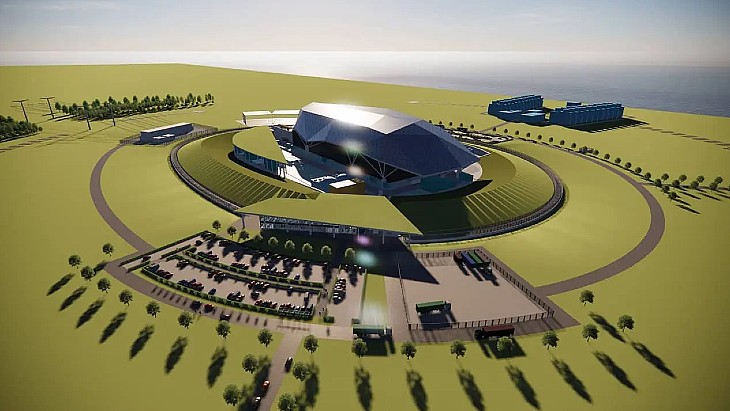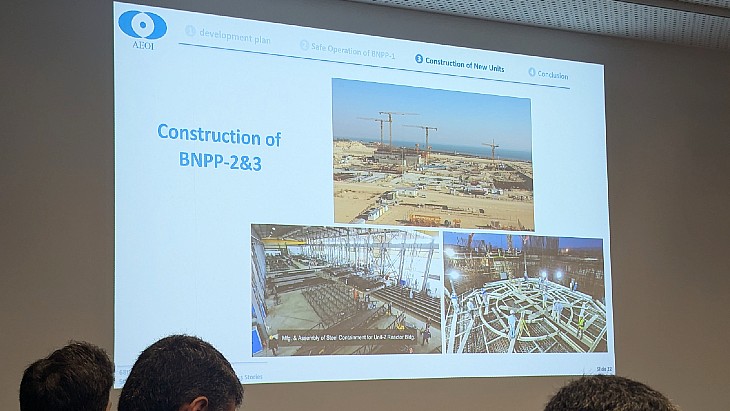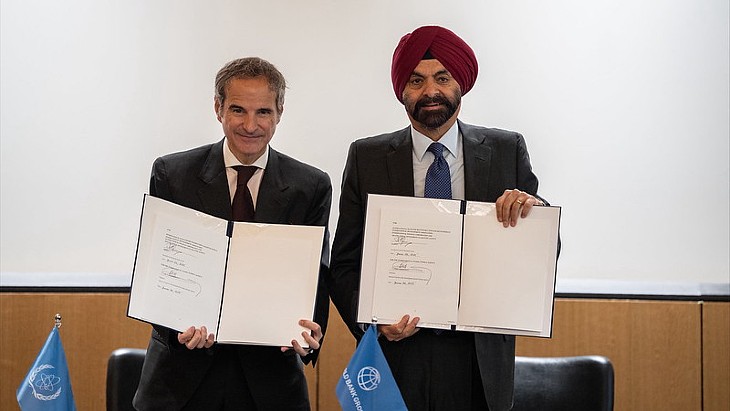Court dismisses Austrian lawsuit against Paks II
.jpg)
The Paks plant, 100 kilometres south of Budapest, currently comprises four Russian-supplied VVER-440 pressurised water reactors, which started up between 1982 and 1987. An inter-governmental agreement signed in early 2014 would see Russian enterprises and their international sub-contractors supply two VVER-1200 reactors at Paks as well as a Russian state loan of up to EUR10.0 billion (USD10.5 billion) to finance 80% of the project.
Hungary received the go-ahead to start construction of new nuclear power units at Paks in 2018 as planned, following the Commission's approval in March 2017 of commitments the country had made to limit distortions in competition. The Commission concluded that Hungary's financial support for the Paks II project involves state aid, but it could approve this support under EU state aid rules on the basis of these commitments.
In February 2018, Austria brought an action for annulment of the contested decision.
The Luxembourg-based General Court - the second-highest court after the European Court of Justice - has now rejected Austria's claim that the decision was unlawful in that the Commission declared the aid compatible with the internal market despite the fact that the direct award to Russia's Nizhny Novgorod Engineering Company Atomenergoproekt (JSC NIAEP) of the contract for the construction of the new reactors allegedly constitutes an infringement of EU rules governing public procurement.
Austria argued in particular that since the award of the contract for the construction of the new reactors was an aspect that was inextricably linked to the aid at issue, the commission was required to examine it also in the light of the EU rules on public procurement.
In a 30 November ruling, the court said the commission "was justified in referring in the contested decision to its assessment carried out in earlier infringement proceedings, in which it had found that the direct award of the task of constructing the two new reactors to JSC NIAEP did not infringe EU public procurement law".
The court also rejected Austria's pleas alleging disproportionate distortions of competition and unequal treatment which result in the exclusion of producers of renewable energy from the liberalised internal electricity market.
"In that regard, the General Court observes that the Member States are free to determine the composition of their own energy mix and that the commission cannot require that State financing be allocated to alternative energy sources," it said.
The court noted that "an appeal, limited to points of law only, may be brought before the Court of Justice against the decision of the General Court within two months and ten days of notification of the decision".
Austria, which shares a border with Hungary, has no nuclear power plants. It launched a similar legal action against the Commission in 2015 over its approval of the UK's support for the Hinkley Point C nuclear power plant project in Somerset, England. The General Court dismissed that lawsuit in July 2018 saying the Commission "did not err" in accepting the UK's stance that construction of the plant was in the British public's interest.
_92619.jpg)


_84504.jpg)





..._58412.jpg)

